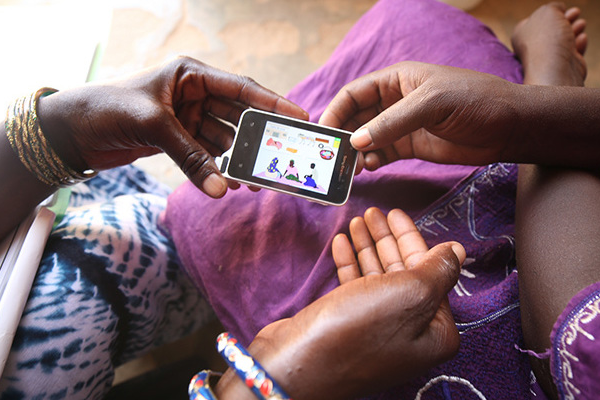 How can ICT4D improve healthcare in developing countries?
How can ICT4D improve healthcare in developing countries?
There are many ways in which ICT4D (Information and Communication Technologies for Development) can improve healthcare in developing countries. Some examples include:
- Telemedicine: ICTs can be used to connect healthcare providers in remote or underserved areas with specialists in urban centers, allowing for the delivery of high-quality medical care to people who might otherwise not have access to it.
- Health information systems: ICTs can be used to create and maintain electronic health records, which can improve the accuracy and efficiency of healthcare delivery and reduce the risk of medical errors.
- Disease surveillance and outbreak response: ICTs can be used to track and monitor the spread of diseases, allowing for more effective and timely responses to outbreaks.
- Public health campaigns: ICTs can be used to deliver health education and information to large populations through social media, mobile apps, and other digital platforms, helping to raise awareness about health issues and promote healthy behaviors.
- Supply chain management: ICTs can be used to improve the management of medical supplies, ensuring that they are delivered to the right place at the right time, and helping to prevent shortages and wastage.
Overall, the use of ICTs in healthcare can help to improve access to care, quality of care, and the efficiency of healthcare delivery in developing countries, ultimately leading to better health outcomes for the populations served.
Read More About ICT4D in Healthcare Below
How Tracking Attendance with Technology Reduces Absenteeism
Health worker absenteeism undermines staff morale and the quality of care patients receive. It wastes health-sector resources and has even been linked to patient...
Apply Now: $5 Million in Digital Health Grants from Gates Foundation
Countries rely on both routine health systems and campaign-based delivery to extend the reach of important health interventions such as accelerated disease control...
Apply Now: $200,000 in Financing for Digital Health Startups in East Africa
Many digital health technology entrepreneurs struggle to attract start-up financing and this can inhibit their ability to grow. At best they may underperform their...
New WHO Guidelines on Economic Evaluations of Digital Health Solutions
Digital health interventions are often very dynamic, evolving through several stages of maturity during which the monitoring and evaluation needs of the intervention...
Apply Now: $850,000 NIH Grant Funding for Your mHealth Research Ideas
The enormous potential for mobile technology to transform health care, personal health management, and basic health research has led to the rapid development of...
Please Join Us: 2019 OpenHIE Community Meeting in Ethiopia
Please join us at the 2019 OpenHIE Community Meeting on 4-8 November 2019, in Addis Ababa, Ethiopia. This years’ theme is data for decision making. The global...
Apply Now: $170,000 to Study Digital Financial Services for Health Systems
Financial protection is at the core of universal health coverage and is one of the final coverage goals of the Sustainable Development Goals. Financial protection...
Please Join Us: 2019 Global Digital Health Forum
Please RSVP Now to join us for the 2019 Global Digital Health Forum on December 9-11 at the Bethesda North Marriott Hotel & Conference Center in Rockville,...
5 Ways to Improve Data Use by Government Health Ministries
Despite the growing recognition that quality, timely, and accessible data are essential to every country’s ability to deliver vaccines effectively to its population,...
Help WHO Define Digital Client Records for Health Information Systems
A digital client record is a persistent record of an encounter at the point of care or service delivery between a health service provider and individuals (clients,...










